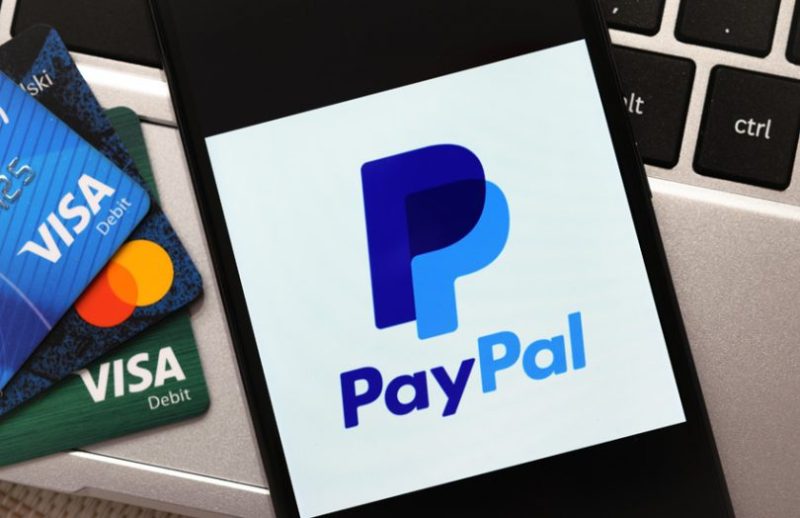PayPal is making a big move into digital payments by adding Bitcoin (BTC), Ethereum (ETH), and its stablecoin PayPal USD (PYUSD) directly into its peer-to-peer payment system. This upgrade allows users to send crypto to friends, family, or other wallets without relying on third-party services.
What’s New in PayPal’s Payment Flow
With this update, PayPal users will gain new ways to move money:
- Send and receive BTC, ETH, and PYUSD within the PayPal app.
- Transfer crypto to Venmo users and digital wallets that support stablecoins.
- Use “PayPal Links,” unique one-time links that let people request or send payments via text, email, or chat. These links remain private and expire after 10 days if unused.
- Start in the U.S., with international rollout planned for markets like the UK and Italy soon.
The Role of PYUSD in Payments
PYUSD is PayPal’s own stablecoin, issued by Paxos Trust Company. It’s backed 1:1 with the U.S. dollar, aiming to combine the stability of fiat money with the flexibility of crypto. Within PayPal’s system, PYUSD offers advantages such as:
- Lower transaction fees compared to traditional crypto transfers.
- Faster availability of funds without waiting for blockchain confirmations.
Why This Matters for Users and the Market
This update could reshape how people use digital payments. Here’s why:
- Simplified crypto payments: Sending crypto through PayPal removes the hassle of external wallets and converters.
- Rising role of stablecoins: PYUSD’s deeper integration shows stablecoins are moving beyond speculation and becoming tools for everyday payments.
- Expanded interoperability: The ability to send funds across PayPal, Venmo, and other wallets strengthens crypto’s use in real-world transactions.
- Tax clarity: PayPal confirmed that personal transfers like gifts, reimbursements, and expense splits remain exempt from 1099-K reporting in the U.S.
